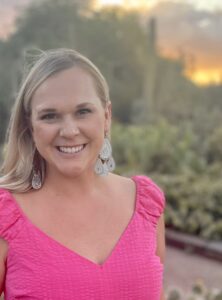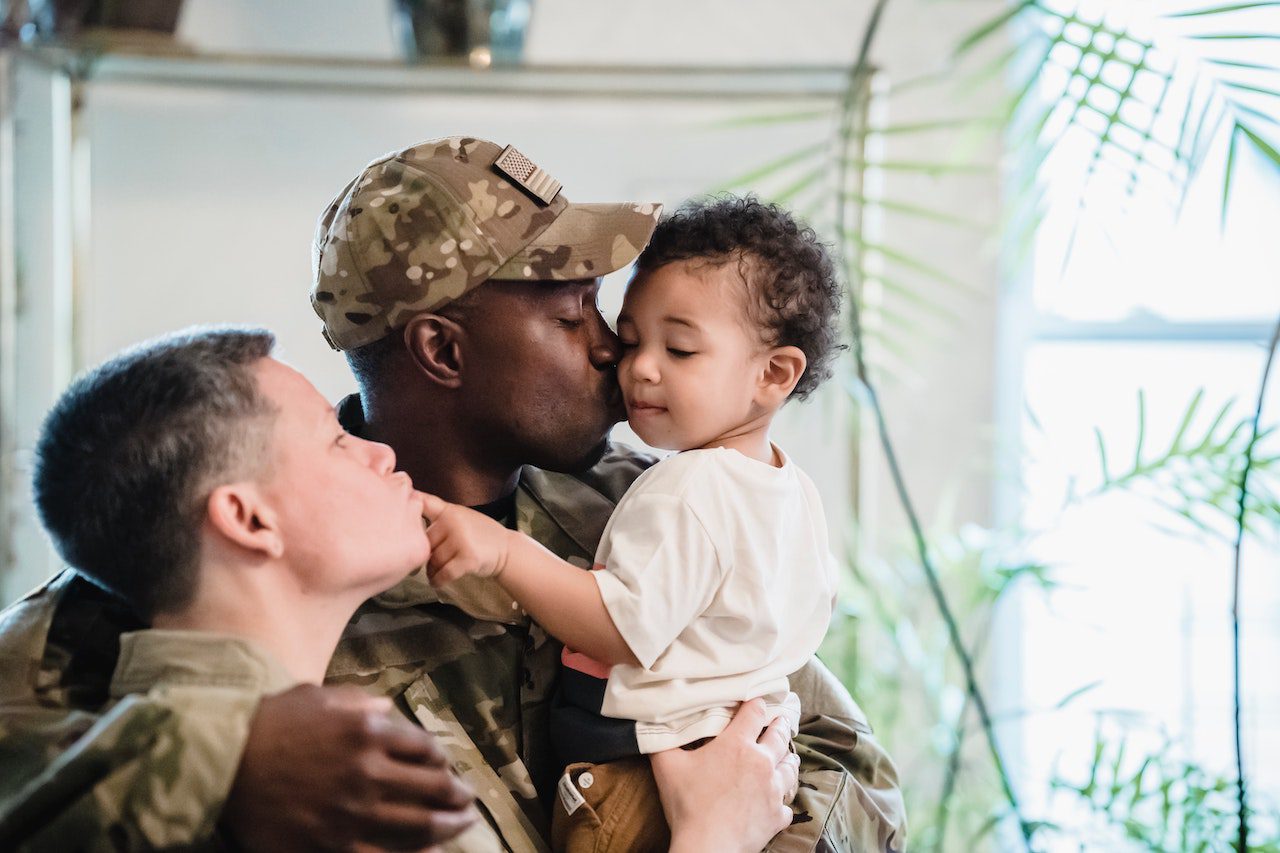By Jenny Rea, Ph.D.
While many Veterans (89%) reflect that joining the military was a good decision, some indicate unique challenges as a result of their racial/ethnic identity.
Did you know?
- 45% of service members believe their racial/ethnic identity has hurt their ability to get ahead at work
- 56% have considered racial/ethnic discrimination in their decision-making process (e.g., whether to leave the military or stay in)
- 53% have concerns about safety regarding base/installation preferences due to their (or their family member’s) racial/ethnic identity
Furthermore, service members who identify as a minority race or ethnicity tend to have greater difficulty transitioning into civilian life. For instance, 59% of minority Veterans found the transition into civilian employment difficult or very difficult compared to 49% of White/Non-Hispanic Veterans.
Although this is a small glimpse into the existing research related to the experiences of minority service members and Veterans (and a small snapshot of unique challenges experienced by this population through various transitions), a gap is evident in understanding this population’s experiences, especially in their transition from military to civilian life.
If you’re reading this, you are likely a professional who serves military families throughout the military life cycle. In the Family Transitions concentration at OneOp, we want to ensure that military families increase their self-reliance and navigate each transition more successfully than the last. We do this by providing education and resources for service providers working with military families to build resilience and navigate life cycle transitions.
As military families transition from place to place, they will likely have the opportunity to meet new people, experience different cultures, and explore new areas that may be much different from where they grew up. Through these various transitions, barriers may arise for diverse families in their ability to access resources and other opportunities due to systemic discrimination, marginalization, and inequity. To meet the needs of all military personnel and their families, and to ensure that they maintain family well-being, we might consider identifying and assessing these impediments through a social justice lens.
To learn more about what it means to use a social justice lens, especially in terms of serving diverse military families and mitigating barriers for them… Join OneOp for the 2022 Military Family Readiness Academy (MFRA), kicking off on June 1st! The MFRA is an annual programming series with special learning and engagement opportunities suitable for individuals, groups, and organizations.
This year, the MFRA series will focus on individuals’ understanding of social justice and equity, including their understanding of privilege and oppression. Courses and panel discussions will equip family service providers with the skills to identify barriers that impact a family’s health and well-being and identify opportunities for social justice advocacy in their work. The Academy series will address the intersections between engaging a social justice mindset as a family service professional and the ability to support the well-being of diverse military families. Continuing education credit is available for each course and panel discussion from various credentialing agencies.
RSVP for the Academy Series Kickoff and subscribe to the Military Family Readiness Academy mailing list to stay updated on this year’s Academy series and all future installments.
References
- Maury, R.V.; Zoli, C.; Fay, D.; Stone, B.; Linsner, R. K; Akin, J.L; Rivera, C.C.; Harvie, J.Y.; & Tihic, M. (2022). Data Brief: Missing Perspectives: Black and African American in The Military – From Service to Civilian Life. Syracuse, NY: Institute for Veterans and Military Families, Syracuse University
Writers Biography
 Jenny Rea, Ph.D., is a military spouse and mom of four kiddos under six years. Jenny consults with OneOp and is an Assistant Professor of Practice in the Department of Human Services and Director of the Certificate in Military Families at the University of Arizona.
Jenny Rea, Ph.D., is a military spouse and mom of four kiddos under six years. Jenny consults with OneOp and is an Assistant Professor of Practice in the Department of Human Services and Director of the Certificate in Military Families at the University of Arizona.
Photo source: George Pak | Pexels















